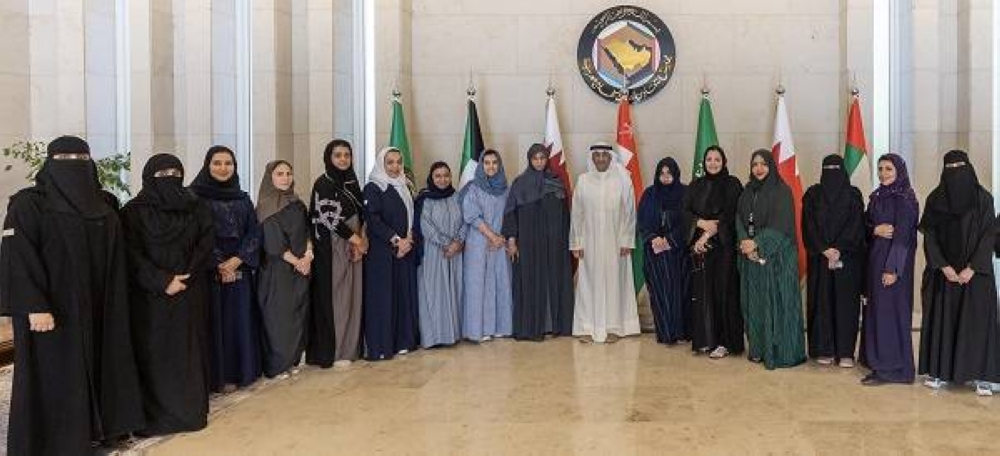The Secretary-General of the Gulf Cooperation Council (GCC) Jassim Mohammed Al-Budaiwi praised the role of Gulf women and the great achievements they made in the process of construction and development in Gulf societies in all fields.
On the occasion of International Women's Day, which falls on March 8 every year, and comes this year under the theme "Innovation and technology for gender equality" Al-Budaiwi said that the world is witnessing the existence of a digital and technological gap between the two genders. Although many countries have pursued successful policies that have affected the involvement of women in the social, economic, political and cultural aspects, women in some countries of the world still suffer from their lack of full and potential use of modern technology, and have hindered their progress in this field.
With the world increasingly moving towards automation and digital literacy, the Gulf countries have empowered Gulf women in the field of technology and digital learning, employing women in leadership and administrative positions in information and e-government bodies, encouraging them to challenge and innovate, and motivating them to develop their capabilities in technical fields to create investment, entrepreneurship and sustainable development opportunities. This was proven by women in the Gulf while dealing with the Coronavirus pandemic, after the rapid digital transformation in education, communication and other government services.
The Secretary General of the Gulf Cooperation Council stressed the keenness of the GCC countries to support the role of women prominently, and took many measures and legislation, and established mechanisms, institutions and centers specialised in women's affairs, to enhance their status, preserve their rights and provide them with a decent life, since Gulf women are an essential pillar in the success story and in preparing future generations, with a distinguished footprint in the fields of decision-making, as they influenced with their vision, mission and active participation in the political, economic, social, cultural and technical fields.
Region
GCC Secretary-General: GCC women essential pillar in success story, preparation of future generations

